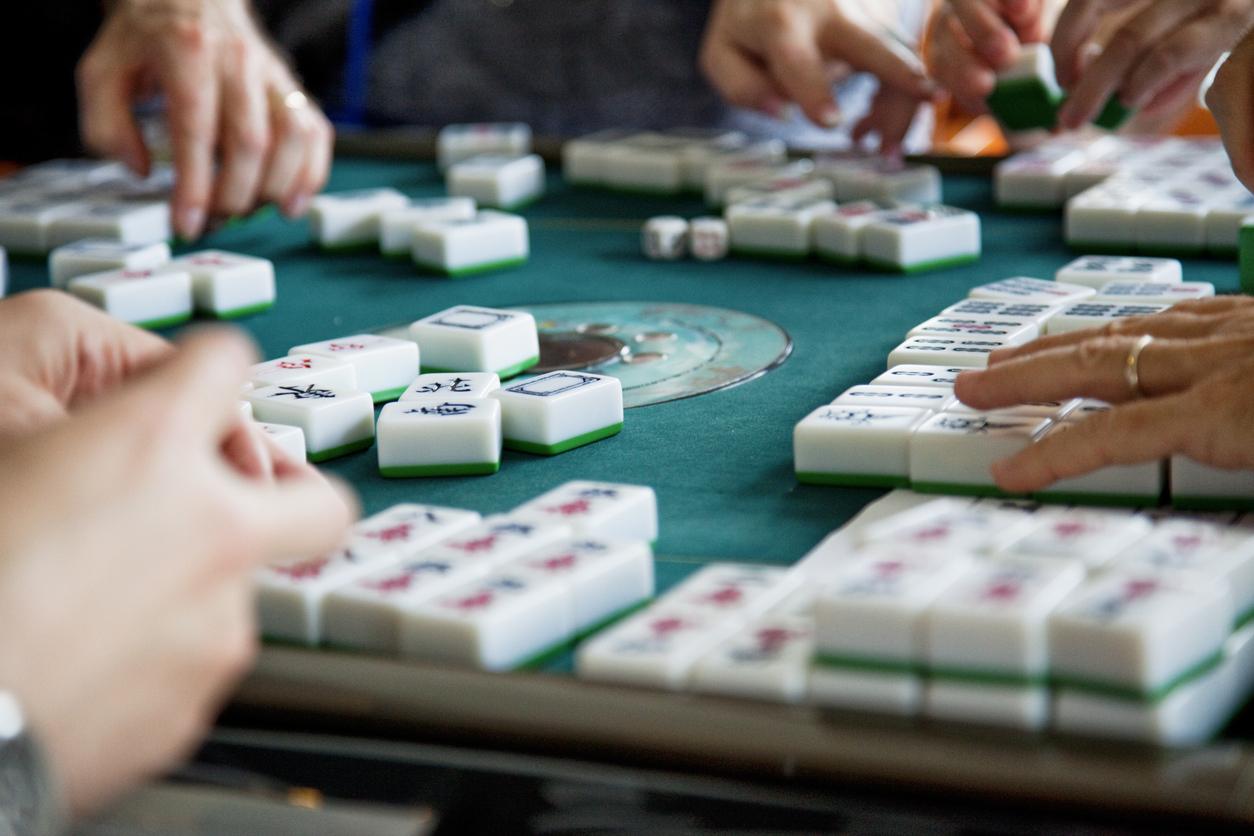Emotional intelligence is the ability to identify and recognize one’s emotions as well as those of others. People with strong emotional intelligence know how to recognize, understand and manage their feelings regardless of the context. Here are three simple exercises to develop yours.
Emotional intelligence is the ability to identify and recognize one’s emotions and feelings, as well as those of others. Emotion recognition is only the first step in emotional intelligence; the second consists in no longer “subjecting” to our emotions, but in channeling them and choosing the reactions we want.
The education system tends to place a high value on intelligence quotient, but in many professions where relationships with others are important, emotional intelligence is a most important success factor than IQ
It is entirely possible to improve your emotional intelligence with exercises and training. Starting with your own emotions, here are some exercises:
- To start training your emotional intelligence, observe your own emotions and feelings when they appear. Keep a small notebook with you and jot them down without judgment or analysis.
- Analyze your emotions noting which ones you experience most often. Are these emotions positive or negative? What factors or situations triggered them?
- Listen to your body because all emotions translate into bodily sensations (tense facial muscles when angry, eyes shining when enthusiastic, etc.).
Emotional intelligence test: the mystery portrait
Here are three exercises to exercise your emotional intelligence and improve it.
Look in a magazine for a portrait of someone you don’t know or don’t particularly like. The expression of his face must be neutral and in no case smiling. Do not read the corresponding article and do not try to find out about this person. This is not the purpose of this emotional intelligence test.
Take a good look at the picture and answer the following questions:
- How do you feel looking at the subject’s face?
- How do you think the subject might feel himself?
- What would make the subject feel better?
- What would make you feel better about the subject?
This exercise is intended to help you nuance your feelings and managing your emotions based on what you see and who you are.
Your background, your culture, your upbringing, your beliefs and your principles directly influence your perception when it comes to solving an emotional problem.
You thus understand that the objectivity of an emotional analysis is quite relative. Such an observation naturally invites you to try to better understand what animates the other without using the distorting prism of your personal values.
The visionary colleague
Here is an exercise to learn how to adapt your behavior with your colleagues so that your actions do not cause undesirable reactions in them.
- Recap the last 10 memose-mails, phone calls or simple verbal instructions sent by you.
- Use a sheet of paper divided into two columns. On the left side, enter the reason for the message sent.
- Then use your imagination to put yourself in the shoes of the recipient and think about how the person may have felt or understand from reading the message. Think broadly without excluding any possibilities and write your answers in the right column.
You have for example on the left: “ E-mail sent to François on the terms of the call for tenders“. On the right side, you will write what you think François may have felt upon reading the message: He already told me in the meeting“, “ It is important to follow these terms“, “ It doesn’t really concern me, why doesn’t he wait for the meeting scheduled on this subject?” , etc.
Unlike machines, human beings can express multiple reactions to information. By striving to cover the range of possible reactions, you will show a true emotional intelligence. And if everyone did like you at the office, there is no doubt that many conflicts would be avoided.
mental judo
This exercise is directly inspired by the spirit of judo which consists in to use the strength of the adversary to his own advantage. When you receive a derogatory remark, do not use your energy to ruminate on this low blow.
Use your resources to reposition theattack on the real problem raised rather than your person. Indeed, if you try to defend yourself, probably by losing your calm, you show your weakness and you turn your back on your emotional intelligence.
So, the next time someone questions your way of doing things, regardless of the area concerned, don’t waste your adrenaline losing your means. ask him instead how she would have viewed the situation according to his point of view.
As a result, you avoid agonizing over nothing and you make things much more productive.
As you can see, it is quite possible totrain your emotional intelligence with simple exercises, provided you repeat them regularly.
















